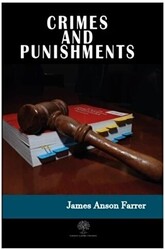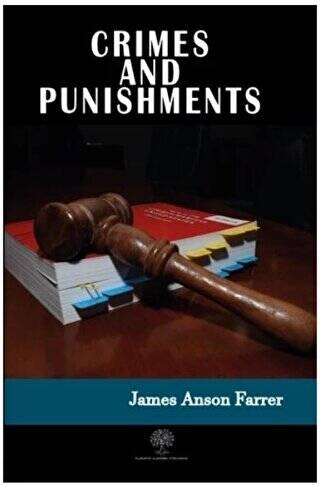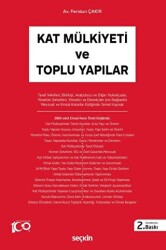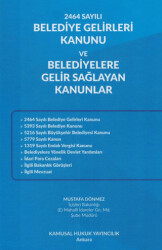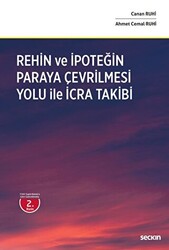“No inconvenience that may arise from a strict observance of the letter of penal laws is to be compared with the inconveniences of subjecting them to interpretation. The momentary inconvenience in the former case involves, indeed, correcting the words of the law which are the cause of the uncertainty, a task both easy and necessary; but the fatal licence of arguing, the source of so many arbitrary and venal disputes, is thereby prevented. When a fixed code of laws, which must be observed to the letter, leaves to the judge no further trouble than to inquire into the actions of citizens and to decide on their conformity to the written law; when the standard of just and unjust, which should equally direct the actions of the ignorant citizen as of the philosophical one, is not a matter of controversy but of fact; then are people no longer subject to the petty tyrannies of many men, which are all the more cruel by reason of the smaller distance that separates the sufferer from the inflictor of suffering, and which are more pernicious than the tyrannies of a single man, inasmuch as the despotism of many is only curable by that of one, and a despot’s cruelty is proportioned, not to the power he possesses, but to the obstacles he encounters.”
